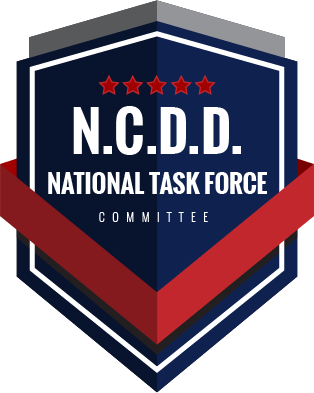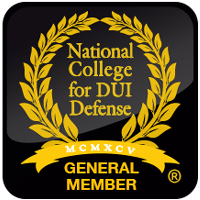- The ABA’s Concise Guide to Lawyer Specialty Certification
- Benefits to Become Board Certified - ABA Video
- Board Certified Members
- How to Become Board Certified in DUI Defense Law
- Apply for Certification
- Apply for Re-Certification Renewal
- Board Certified Senior Specialist
- Rules Governing Board Certification
- Preparing for the Exam

Stephen D. Handy
1409 Precinct Line Road, Suite 100
Hurst, TX 76503
Phone: 817-284-2263
Website: fortworthcriminallawyertx.com


About Stephen D. Handy
Practice Stephen D. Handy represents individuals being accused, investigated, or charged with criminal cases, especially DWI and DUI. The majority of my current work is in DWI and DUI defense. Education » Baylor University » Bachelor of Arts, 1991 » Texas Wesleyan University School of Law » Juris Doctorate, 1995 Specialized Training / Presentations » DWI Top Gun Advocacy Course » Intoxication Manslaughter Course » Mastering Scientific Evidence in DWI cases » Featured Speaker – Tarrant County Family Law Bar Association “Assault Bodily Injury fm cases and their consequences in family law and child custody matters.” Also, “Protective Orders and their consequences in family law and child custody matters.” Bar Admission » Supreme Court of Texas, 1996 Work History » Tarrant County Assistant Criminal District Attorney (1996 – 2000) » Private Practice in Hurst, Texas (2000 – Present) Memberships » Texas Criminal Defense Lawyers Association » Tarrant County Criminal Defense Lawyers Association » Tarrant County Bar Association » State Bar of Texas My Life and Purpose As a Christian and a Criminal Defense Attorney it is not uncommon for people to ask, “how are those compatible? Don’t you just get people off?” I don’t condone sin or bad behavior, but I’m also not free from it. There are several reasons I have such an incredible passion for my work. First, we live in a country that requires the government to prove you are guilty beyond all reasonable doubt before you are convicted of a crime. Until you are put in a position to defend your name and your future those words won’t have much meaning. But to me, and the people who trust me to protect them, it means that a good defense with the protections and rights of the Constitution is the only thing standing between government and the result the government wants. We don’t live in a country where someone says you committed a crime, and now you have to prove your innocence.
Contact Stephen D. Handy
Provide some details about your situation, but remember not to include sensitive information. An attorney-client relationship is only formed once an attorney formally agrees to represent you.
Find an Attorney
Enter your city, state, or Zip code below to locate a qualified attorney who has demonstrated a commitment to defend those accused of DUI and related crimes.

 Virtual Forensic Library
Virtual Forensic Library

NCDD members have access to a comprehensive forensic library that provides invaluable information to be used when defending clients charged with DUI.
This library includes scientific articles on drug and alcohol intoxication, toxicology and pharmacology, methods of testing for blood alcohol content, field sobriety testing, potential errors that may occur during testing, accident reconstruction, expert testimony, and evidentiary rules. This valuable information can ensure that you provide a high quality defense to clients charged with DUI based on the circumstances of their case and the laws in their state.
FROM OUR BLOG
Ethics Task Force Blog
04/15/2025
Written by Jonathan Dichter The Heart of Client Care: Moving Beyond Case Management In the legal profession, we often talk about "case management" - the systems and processes that keep our cases moving efficiently. But what about *client care*? True client care goes beyond deadlines and filings; it's about treating clients as *people*-scared, uncertain, and in need of guidance. And when done...
Personal Contact: Using the Officer's Observations Against Them
03/10/2025
Written by Charles GoodwinEdited by Michelle Behan and Steven Hernandez The typical DUI investigation has three phases. It begins with the vehicle in motion and focuses on driving patterns that officers are trained might indicate impairment. Next is personal contact, where the officer will observe physical manifestations that are also purportedly correlated with alcohol ingestion and impairment. Finally, the officer will...



